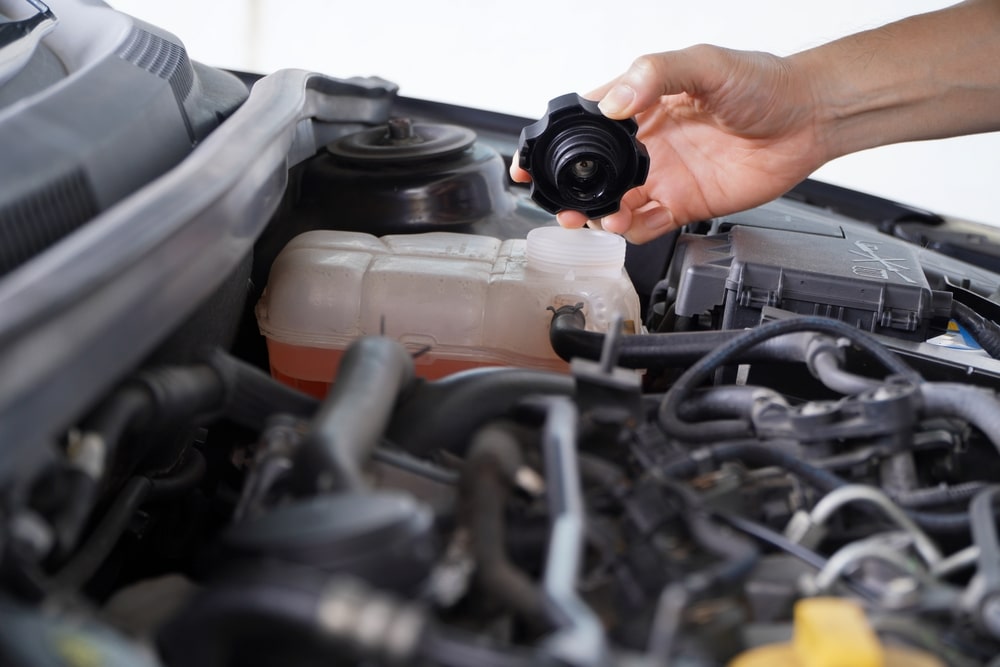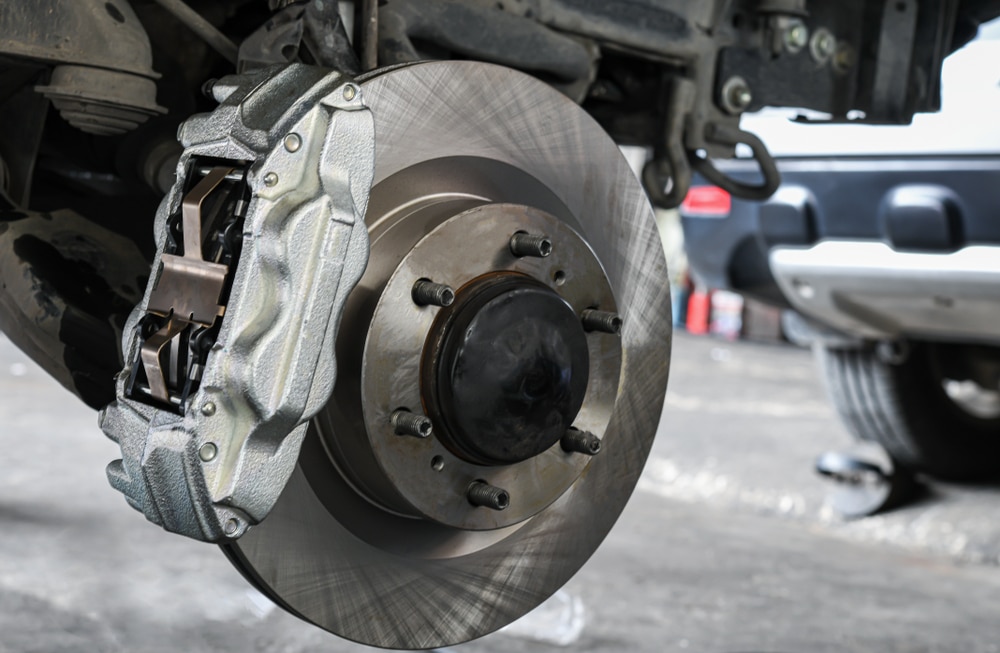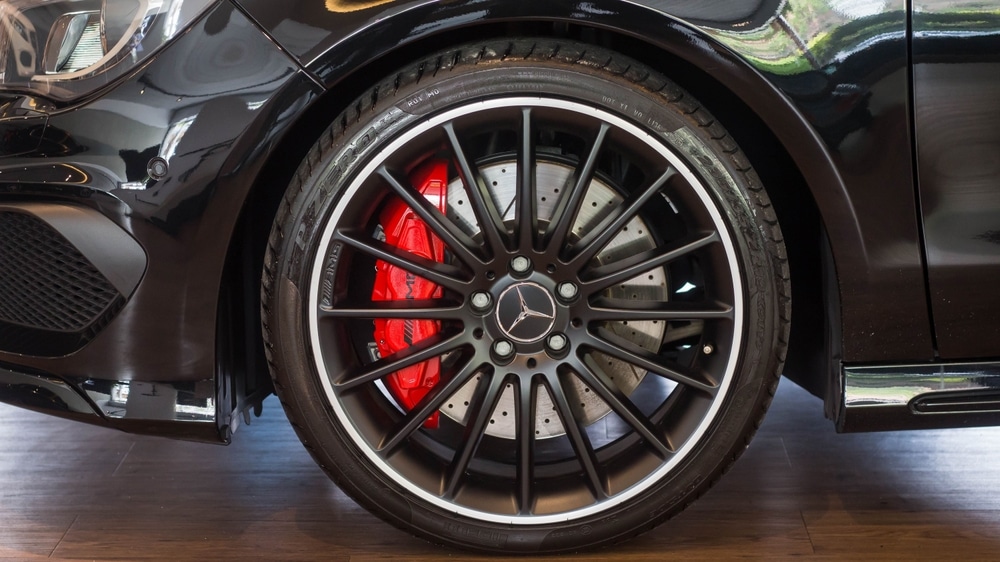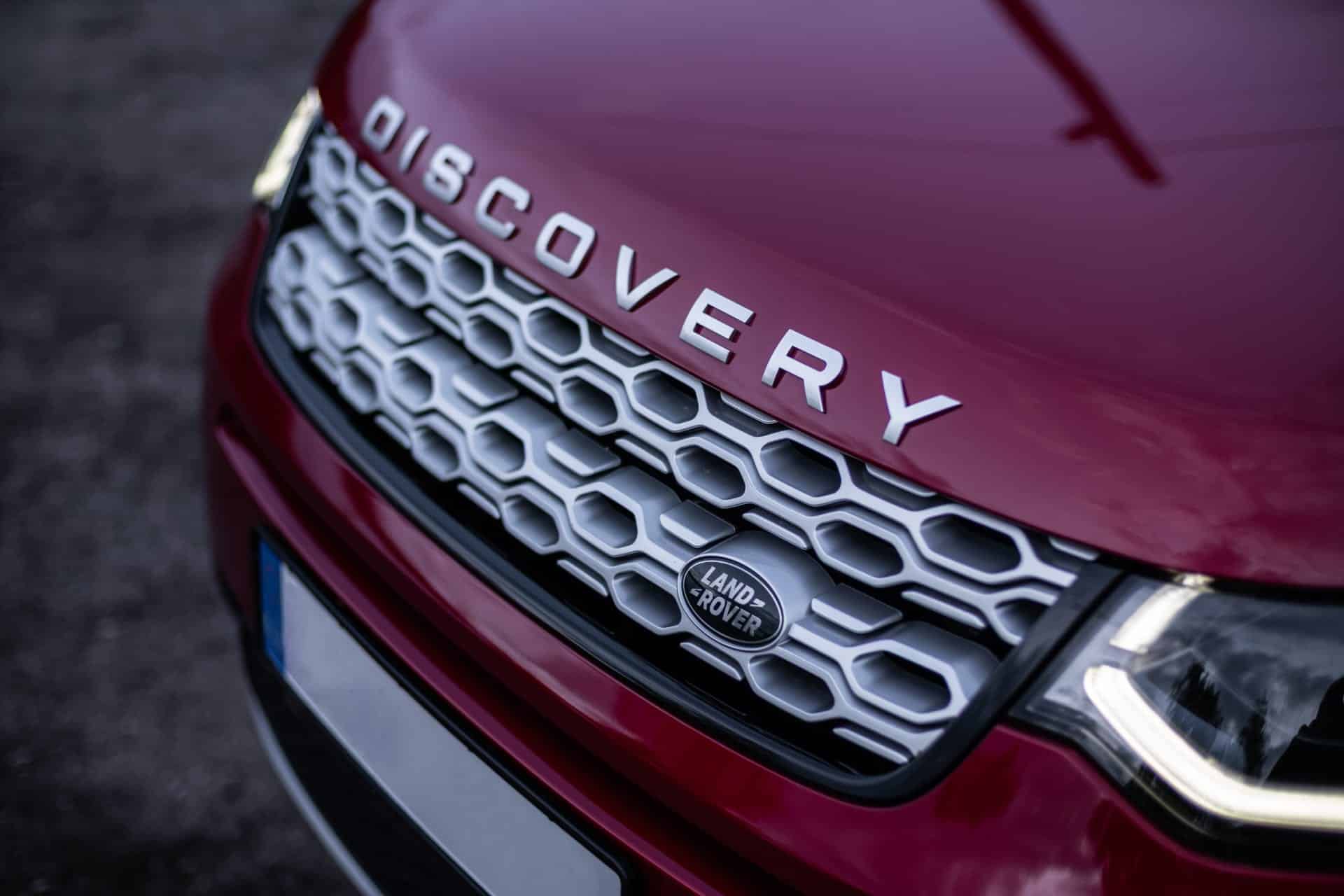Land Rover Coolant
For your engine to run correctly, coolant is essential. In the summer, it keeps your engine cool, while in the winter, it prevents it from freezing. However, there isn’t one solution for all Land Rover models, as they use different types of coolant. This is why our skilled Shires Garage team are on hand with any coolant advice you need.
Throughout this blog, you will learn the importance of coolant for a fully functioning engine, the three types of coolant you can choose from – organic (OAT), inorganic (IAT) and a mix of both (HOAT) – and what happens if you use the wrong kind of coolant.
Learn all about coolant from our Land Rover experts by reading on…
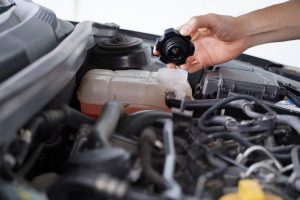
What the Coolant Does for Your Vehicle
Coolant regulates the engine temperature in Land Rovers by circulating through the cooling system. The engine absorbs heat and transfers it to the radiator, where it is released. Generally, engine coolants consist of water and antifreeze – chemicals that lower the freezing point, raise the boiling point, and inhibit corrosion in the cooling system.
What Are the Benefits of Using Coolant in the Engine?
Land Rover vehicles use coolant for six main purposes. They are:
Temperature Control: Heat is produced by engines at thousands of revolutions per minute (rpm). The coolant transfers the heat away from the engine and keeps it from overheating since engines can reach temperatures up to 120°C in warmer climates.
Prevents Freezing: Without coolant, internal liquids in cars can freeze in harsh winter environments. Cars are designed to work as low as -40°C, which is vital.
Averting Corrosion: Land Rover engines are made to last longer with the use of additives inside the coolant that reduce the risk of rust and corrosion.
Erosion Protection: The electrolysis process occurs when electricity is transferred through a liquid. During electrolysis, coolant protects engine components from erosion.
Component Durability: Good quality coolant protects metal engine components and rubber and plastic tubes.
Coolant Lubrication: For the water pump to function correctly, high-pressure, fast-flowing coolant must run freely through the system.
Land Rovers are designed to use a specific type of coolant because they are carefully engineered machines. It can cause long-lasting engine damage if the wrong coolant is used. Failure to replace the coolant according to the manufacturer’s instructions can cause the same damage.
Recommended Coolant for Land Rover Vehicles
The recommended coolant for your Land Rover depends on the model, year and engine type. You must use the recommended coolant to ensure proper cooling system function, prevent corrosion and maintain performance.
Ensure you use the correct coolant for your Land Rover by consulting your owner’s manual or contacting a specialist Land Rover garage like ours.
The Effect of Driving Habits and Weather Conditions
Your Land Rover cooling system needs to work harder in extreme weather conditions. In order to keep the engine performing at its best, coolant keeps it at a constant temperature.
In hot weather, the coolant is at a higher temperature around the engine bay, increasing the risk of overheating and component failure. When driving at a lower speed, less air is sent to the engine and coolant system, which leads to higher coolant temperatures and a greater risk of damage.
It is, therefore, essential to use the right coolant, use the right amount, and replace it at the correct intervals. At Shires Garage, we’re proud to have the most knowledgeable Land Rover technicians regarding coolant systems and replacements.
High-Mileage Coolant Options
In Land Rovers with high mileage, coolant needs to be checked regularly. In order to test and replace your Land Rover coolant properly, it is best to do it at a specialist garage like Shires Garage because we have the expertise and tools to complete the task.
Coolant should be changed according to Land Rover’s recommended intervals. In addition, the system must be flushed, checked for leaks, topped up and bled to ensure that your Land Rover’s engine remains cool.
The Consequences of Using the Wrong Coolant in Your Land Rover
Many problems can arise if you use the wrong type of coolant in your Land Rover’s engine. Among them are corrosion and damage to water pumps and seals. The wrong coolant can also damage the radiator, which cools the coolant liquid and its surrounding hoses.
Any leaks or damage to the piping can prevent the coolant from efficiently flowing around the engine bay and internals, which can cause severe damage. Among the most expensive repairs is a blown head gasket, the worst engine failure type. If you neglect your coolant, your engine will overheat, and metal components will expand, potentially causing a head gasket failure.
How to Ensure That the Correct Land Rover Coolant Type Is Used
Our team of qualified technicians at Shires Garage can replace and test cooling systems and coolants with ease. Even though your Land Rover user manual describes the type and replacement interval of your coolant, only expert technicians with specialist tools will be able to replace it correctly so that it lasts for many years to come.
Land Rover Engine Performance and Longevity
Land Rover engines are primarily powered by coolant, which is crucial in optimising their performance. Thus, maintaining your coolant system according to your user manual and Land Rover guidelines is essential.
Whenever you notice any coolant leaks or the coolant level in your engine bay falls below the minimum indicated on the tank, it’s time to contact Shires Garage. Our friendly, expert technicians will take care of any coolant issues you may have with your Land Rover.
